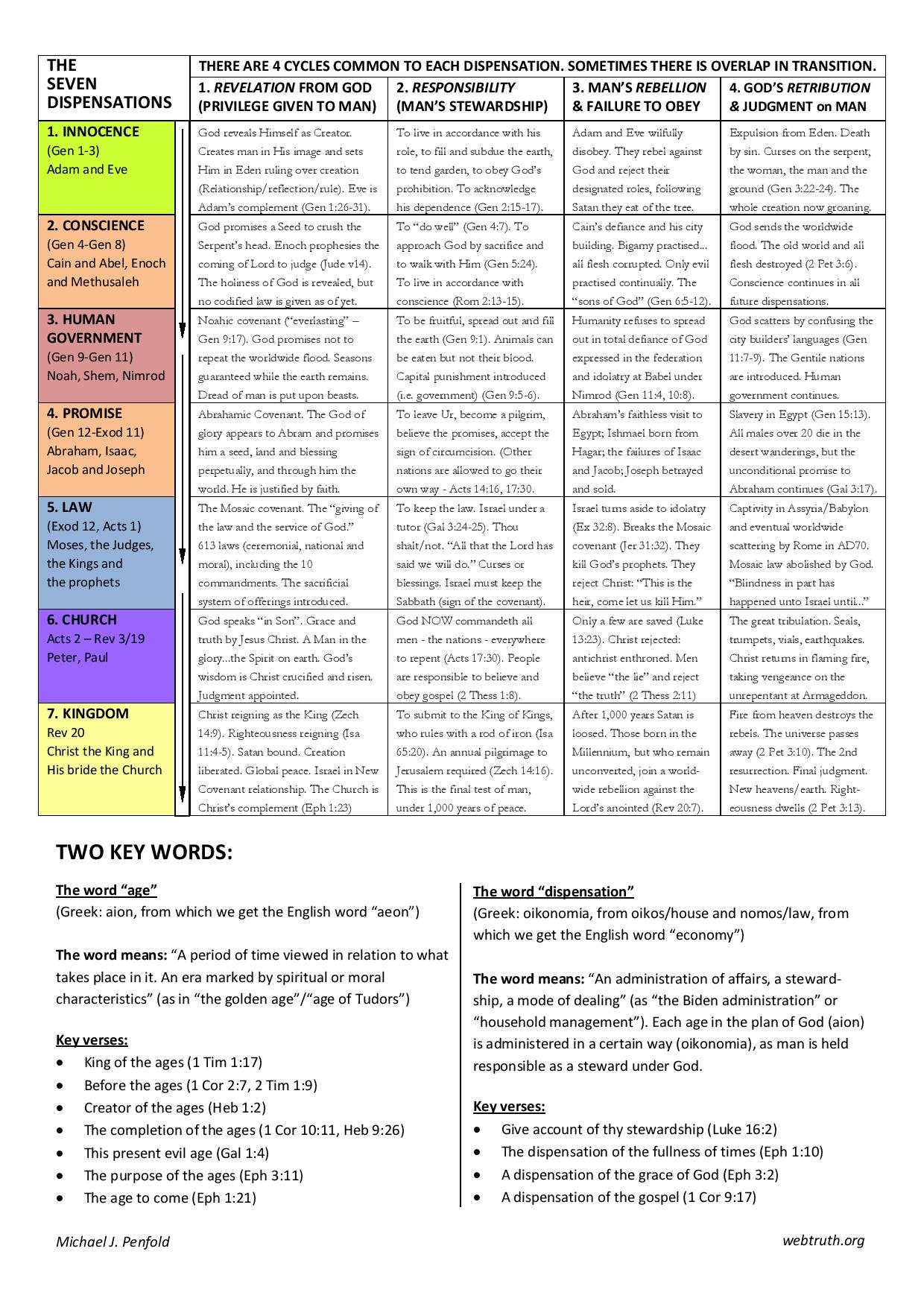List Of Sins In The Bible New Testament
List Of Sins In The Bible New Testament
The Bible has a lot to say about sin, and it’s not always easy to interpret. Below is a list of every sin listed in the New Testament. For each sin, we’ll explore what it means according to biblical scholars, as well as provide examples from the Bible itself:
Adultery
The New Testament condemns adultery as a sin. Adultery is a violation of God’s law, marriage covenant and the trust of another person. The New Testament says that “marriage is honorable among all” (Hebrews 13:4) and that sexual relations are only permitted between a husband and wife (1 Corinthians 7:2).
According to the book of Matthew, Jesus tells his disciples: “You have heard that it was said, ‘You shall not commit adultery.’ But I say to you that everyone who looks at a woman with lustful intent has already committed adultery with her in his heart” (Matthew 5:27-28).
Apostasy
Apostasy is the renunciation of one’s religious faith. It is considered a sin in Christianity, Islam, Judaism and Hinduism. In Christianity, apostasy refers to the rejection of Jesus Christ by any who have previously accepted him as their Lord and Savior. For example:
- Judas’ betrayal of Jesus Christ was an act of apostasy because he was a disciple (John 6:70).
- Peter denied knowing Jesus three times during his crucifixion; this also constituted apostasy for Peter because he was a disciple at that time (Luke 22:54-62).
Bitterness
Bitterness is a form of anger, but it is also much more than that. Bitterness is a poison that destroys relationships and even those who are bitter don’t realize how much they are hurting themselves and others.
Bitterness is a sin because it shows hatred towards your enemies, being unforgiving and not accepting the consequences of your own actions. It can also be prideful if you feel sorry for yourself over what has happened to you or others around you. In order to be free from bitterness we need to accept God’s forgiveness by asking Him into our hearts as well as forgiving ourselves and others who have wronged us in some way along the way in our lives.
Blasphemy against the Holy Spirit
- Blasphemy against the Holy Spirit
The act of insulting God or the Divine is considered blasphemy. The only sin that will not be forgiven and therefore unforgivable by God is blasphemy against the Holy Spirit. This means that if you have been forgiven for all other sins, including murder and adultery, you will still be condemned to hell if you commit this one final sin.
Divorce
- Divorce is not allowed in the Bible.
- Divorce is not allowed for any reason.
- Divorce is not allowed for any reason other than adultery.
- Divorce is not allowed for any reason other than abandonment (by either party).
- And, finally, divorce is only permitted in the case of physical abuse by one spouse against the other spouse; then it may occur with the consent of one’s parents or guardians, but even then only upon complaint to an appropriate authority (elders) who will investigate and decide whether or not there are grounds for divorce.
Drunkenness
Drunkenness is a sin because it prevents the body from functioning properly. The Bible says in Proverbs 20:1, “Wine is a mocker, strong drink a brawler, and whoever is led astray by it is not wise.”
In addition to being against the spirit of God and his law, drunkenness also impacts our physical health by causing us to do things we wouldn’t do if we were sober (such as get into accidents or engage in risky behavior). In 1 Corinthians 6:19–20 it states that “your body is a temple of the Holy Spirit within you…you were bought at a price; therefore glorify God with your body.” This means that our bodies belong to God and so should be used wisely to honor him instead of harming ourselves through unhealthy choices like drug use or excessive alcohol consumption which can lead to addiction problems which impact all aspects of life including marriage relationships.
Evil thoughts
Evil thoughts are not good thoughts. They are contrary to the law of God, and they lead to sin. The Bible says that we should be “careful to maintain good works” (Titus 1:16).
We find a lot of references about evil thoughts in the New Testament. But one of the most interesting is found in James 1:14-15: “But each one is tempted when he is drawn away by his own desires and enticed. Then, after desire has conceived, it gives birth to sin; and sin, when it is full-grown, gives birth to death.” In other words, an evil thought leads us astray from God’s word or gospel message until we give into that temptation by actually doing what our sinful heart wants us to do or saying something unkind about someone else.
Some people think that all Christians have been forgiven for their sins because Christ died for everyone on earth who would repent and believe him as Lord and Savior (John 3:16). However, if you look closely at John 5:24 which says “I tell you solemnly…unless you believe this truth…you will die in your sins.” If a person dies without believing what Jesus Christ did for them then they will go straight down into hell with no chance of ever coming back alive again!
Fornication
Many people think that the main sin of the Bible is murder and that’s it. But they are wrong. The seventh commandment says, “You shall not commit adultery.” In other words, you can’t have sex outside of marriage. Fornication is one of those sins that aren’t always committed by everyone but some people do commit it and so does God hate fornication.
For example, once when Jesus was on earth he saw two guys sleeping in bed together at night and he said to them: “What are you doing? Get up! Your sins are forgiven!” (Matthew 9:2). Now if these two guys were married like most couples in America then their sins would be forgiven because they did not commit fornication which means sleeping with someone who isn’t your wife/husband or boyfriend/girlfriend even though they’re married too; so no one can say anything bad about them because everyone knows what happened between those two men was inappropriate behavior not just plain old normal lovemaking between husband & wife or boyfriend& girlfriend(s).
Gluttony
Gluttony is the overindulgence in food and drink. The Bible says that gluttony is a sin, and that we should not eat or drink to excess, as food is a gift from God and we should not waste it.
Greediness
Greediness is wanting more than you need. It’s not the same as wanting to improve your circumstances and make your life better, though that can be greedy too, but instead it’s a sin because it shows a lack of contentment with what you have and a lack of gratitude for the things that are already yours.
Jealousy
Jealousy is an emotion that most people feel at some point in their lives. It’s understandable that you might be jealous of someone who has what you want, but it’s important to remember that jealousy is a sin.
In the Bible, jealousy can be seen as both good and bad. In Genesis 26:10-11 we read about Rebekah being jealous of her sister because Isaac loved her more than he loved Rebekah. However, there is another story where God punished David for being jealous of Uriah/Bathsheba (2 Samuel 11). The story also shows how Bathsheba was also guilty of adultery with David when she had relations with him after she married Uriah (2 Samuel 11:4).
Lying, falsely witnessing, and bearing false testimony
Yes, lying is a sin. That’s not just a statement; it’s backed up by scripture. In fact, bearing false witness against someone is one of the Ten Commandments in Exodus 20:16.
In Romans 13:9-10, Paul lists out several sins that he says are worthy of death: murder, adultery, sexual immorality (including incest), stealing and greediness/greed (which includes coveting). He also lists “bearing false witness against your neighbor” as an example of this type of sin. This shows us that not only is lying wrong but falsely accusing others of wrongdoing—even if you believe them to have done so—is also wrong!
Murder and killing for any purpose other than that which is approved in Scripture (as for example, in self-defense or capital punishment)
You may think that murder is a sin, but it is not. Killing people, for any purpose other than those approved in Scripture (as for example, in self-defense or capital punishment), is actually not a sin. In fact, if you’re going to be honest with yourself as you read this section of the Bible New Testament, you’ll find that killing certain people can actually be beneficial and good for society.
The Bible says that killing someone who has killed another person is good because it will punish them for what they have done. It also says that if someone steals something from us then we should kill him too because he deserves it!
Neglecting the poor and vulnerable. (For example, by ignoring the hungry or homeless.)
It’s a sin to neglect the poor and vulnerable. We should be generous toward them, help them out, and make sure they’re getting what they need. Some examples of this include: feeding the hungry; clothing the naked; visiting those who are sick; housing people who have no home; visiting prisoners; visiting people who feel lonely.
Not being forgiving of others’ sins against one’s own self. (For example, withholding forgiveness from a murderer.)
Not being forgiving of others’ sins against one’s own self. (For example, withholding forgiveness from a murderer.)
Not forgiving is a sin against yourself and the other person. It’s also a sin against God and His mercy. Forgiveness is necessary for healing and restoration in relationships, as well as mental health; it allows you to move forward without being weighed down by past hurts or offenses. In addition, it shows grace on the part of the forgiver—a trait that makes them more like Christ by acting in accordance with His command: “For if ye forgive men their trespasses, your heavenly Father will also forgive you.”
Not having faith in Jesus Christ. (More precisely that is not having God’s kind of faith.)
It’s important to realize that faith in Jesus Christ is the only way to be saved. Without faith in Jesus Christ, you will be condemned to hell. You’ll be judged by God.
Not loving one’s enemies. (For example, wishing harm to another person.)
The Bible is clear that we are to love our enemies. Jesus Christ taught that we should pray for them and do good to them. In the Sermon on the Mount, he said: “But I say to you who hear: Love your enemies, do good to those who hate you, bless those who curse you, pray for those who abuse you. To one who strikes you on the cheek, offer the other also; and from him who takes away your cloak do not withhold even your coat…” (Luke 6:27–29). This is a much higher standard than simply choosing not to return evil for evil—it requires doing good in response to evil. Simply returning no evil at all does not mean that we have loved our enemies as God commands us!
The apostle Paul explains what this looks like when he says: “Bless those who persecute you; bless and do not curse… Be kindly affectionate toward one another with brotherly love… Do not be overcome by evil but overcome evil with good” (Romans 12:14-21).
The Bible teaches that everyone has sinned and fallen short of God’s standard.
In short, sin is any choice that goes against what God has commanded. Sin is not an incurable disease. It’s not an inherited genetic defect or physical defect. Sin is a result of the fall of man and all of us are born with this tendency to sin because we have inherited it through Adam’s sin (Romans 5:12).
Sinful people will always choose to do wrong things even if they don’t want to. A person may desire not to steal but still does it anyway because he finds himself doing it anyway even when he knows it’s wrong and doesn’t want to do it anymore than he wants cancer or heart disease but can’t help getting them because those things happen naturally in our bodies without our consent and so does sinning without your consent!
The Bible is clear about the fact that everyone has sinned. One of the best ways to prevent yourself from straying from God’s path is to keep yourself aware of what those sins are by reading this list and keeping it handy at all times! It’s important to stay on top of your own transgressions so that you can stop them before they happen again.







